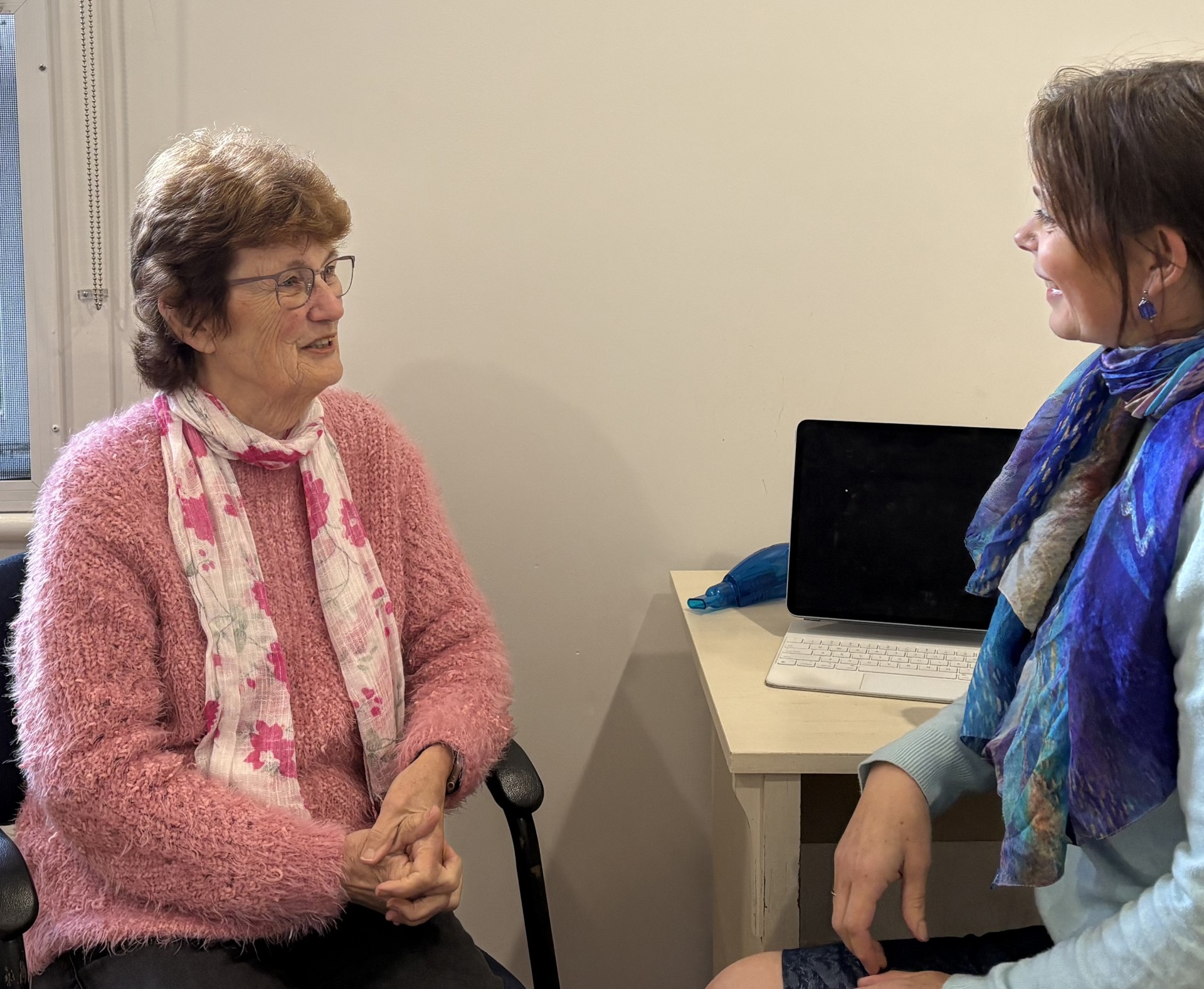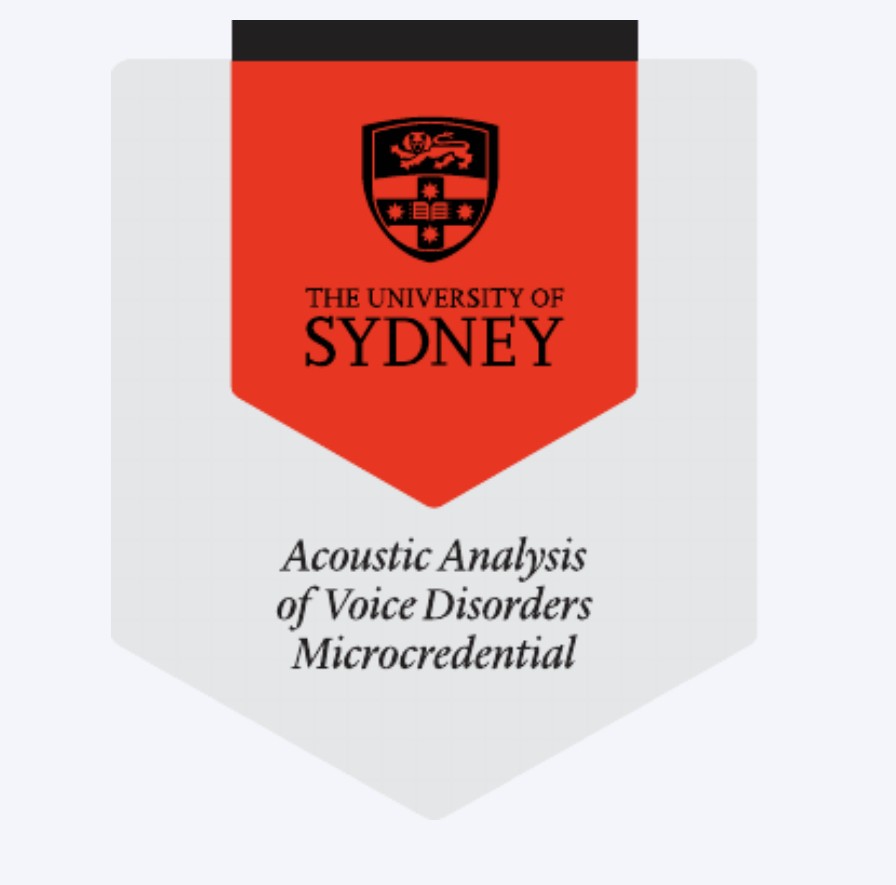"Words mean more than what is set down on paper. It takes the human voice to infuse them with deeper meaning." - Maya Angelou

Our voice is like our fingerprint - deeply personal and can tell the listener how we are feeling in an instant. We all can relate to picking up the phone and hearing a loved one's voice and knowing immediately whether they are happy or distressed by the tone of their voice. Our voice, emotions and stress are all interrelated through the vagus nerve, which is why our voice is so expressive. We use our voices for so many communicative functions - professionally, socially, to express emotion, sing to a baby, shout and make noises. Having any damage to our vocal tract and subsequent changes in our voice can disrupt life in fairly significant ways, such as loss of ability to practise our profession. Luckily our voices are fairly resilient and can regain their function (diagnosis dependent) with voice therapy and voice care practices.
Ruth Hartman has worked with voice disorders for over ten years and has experience in treating:
Ruth has trained and / or certified in the following techniques:
Ruth is constantly seeking to keep up to date with current advances in voice care. She is a member of the Laryngology Society of Australia (LSA) as well as having received a microcredential in Acoustic Analysis of Voice from the University of Sydney in 2024.
Please note that normally a referral to an ENT specialising in Voice (Laryngologist) will need to occur to ensure accurate diagnosis of the vocal issue. Ruth can guide clients as to whom can provide this service.

To submit completed questionaires, please email them to ruth@speechforlife.com.au.
Discover tailored speech therapy for adults and late teens. Our friendly team helps you build confidence and communication skills in a welcoming, supportive environment.